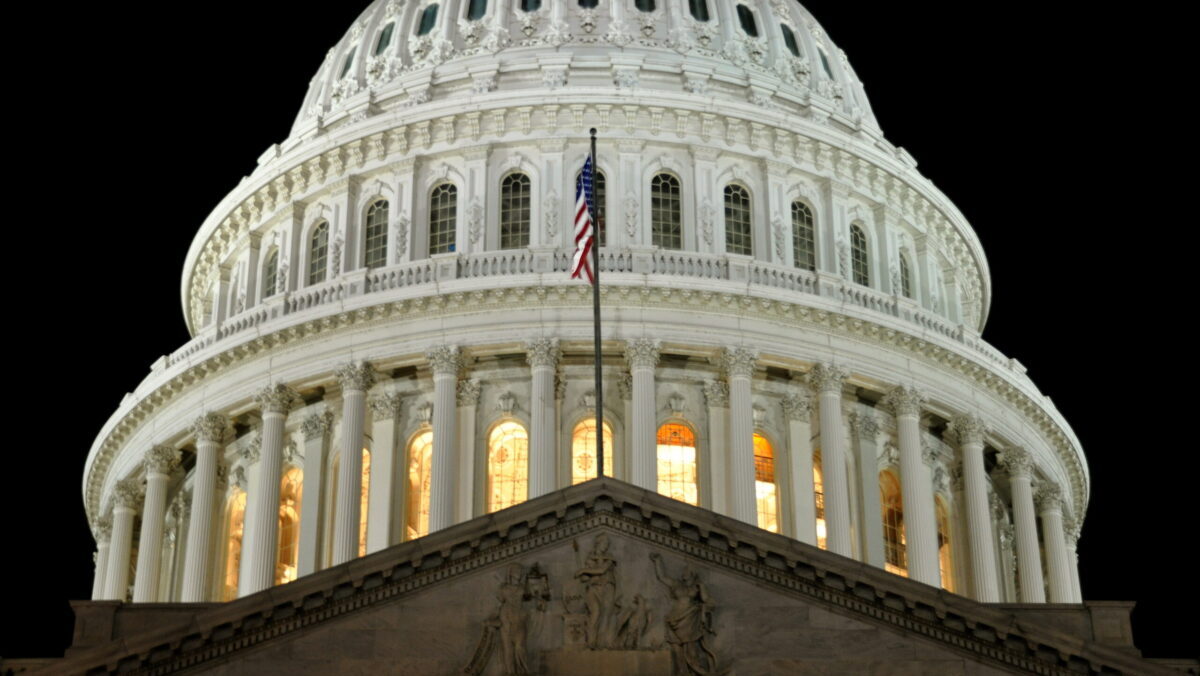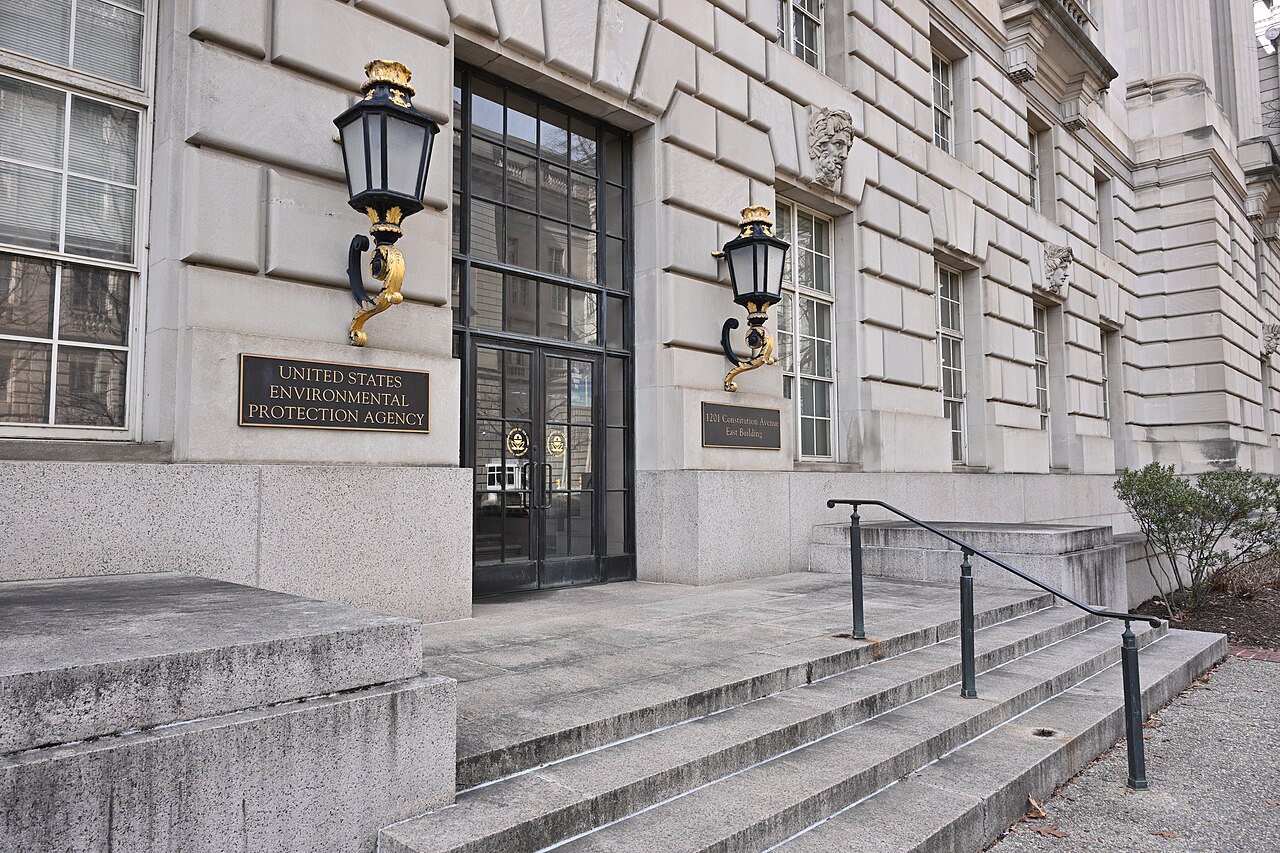Former President Donald Trump exercised his authority to remove Federal Reserve Governor Lisa Cook, citing alleged malfeasance related to her mortgage applications. The Federal Reserve Act permits the president to dismiss a governor “for cause,” a provision Trump supporters argue justifies his decision.
Cook is accused of obtaining two mortgages in quick succession—one for $203,000 in Michigan in June 2021 and another for $540,000 in Georgia just two weeks later. Each loan reportedly included a clause requiring her to occupy the properties as primary residences. Critics argue that if both applications were misrepresented, it raises questions about her integrity and fitness for office.
Peter Navarro, a former White House counselor, stated, “In public service, integrity is judged in real time, not deferred until a jury renders a verdict.” He emphasized that the allegations against Cook are serious enough to warrant her removal, even before any legal proceedings.
The legal framework for Cook’s dismissal is rooted in 12 U.S.C. § 242, which does not require a criminal conviction for a governor to be removed. This statute has been upheld in various court cases, including the precedent set by Humphrey’s Executor v. United States, which affirmed the constitutionality of “for-cause” removals for independent agency officers.
However, critics of Trump’s decision argue that Cook should not be dismissed until a court rules on the allegations. They contend that the Federal Reserve’s independence is crucial for maintaining unbiased monetary policy. A spokesperson for the Federal Reserve declined to comment on the ongoing situation.
Cook’s record on monetary policy has also come under scrutiny. Critics have pointed out that her academic contributions to monetary economics are limited compared to her predecessors. During her tenure, she aligned with Fed Chair Jerome Powell to maintain low interest rates, a move some argue contributed to the inflationary pressures currently facing the economy.
In fiscal year 2021, the U.S. Sentencing Commission reported that 58 individuals were sentenced for mortgage fraud, with an average prison term of 14 months. The potential legal ramifications for Cook could include charges under 18 U.S.C. § 1014, which addresses false statements to federally insured financial institutions, carrying penalties of up to 30 years in prison.
Navarro highlighted the broader implications of Cook’s alleged actions, stating, “If Lisa Cook, in fact, committed such a crime and escapes accountability when ordinary Americans do not, what does that say about our justice system?” He referenced his own experience in prison, suggesting that those convicted of similar offenses face severe consequences.
The debate over Cook’s removal reflects ongoing tensions regarding the independence of the Federal Reserve and the accountability of its governors. Supporters of Trump’s decision argue that ethical breaches should not be tolerated, while opponents caution against politicizing the Fed’s operations.
As the situation unfolds, the legal and political ramifications of Cook’s alleged misconduct and Trump’s decision to fire her will likely continue to be a topic of discussion among policymakers and the public alike.
READ The Left Doesn't Care About Gun Violence -- Only Exploiting It



